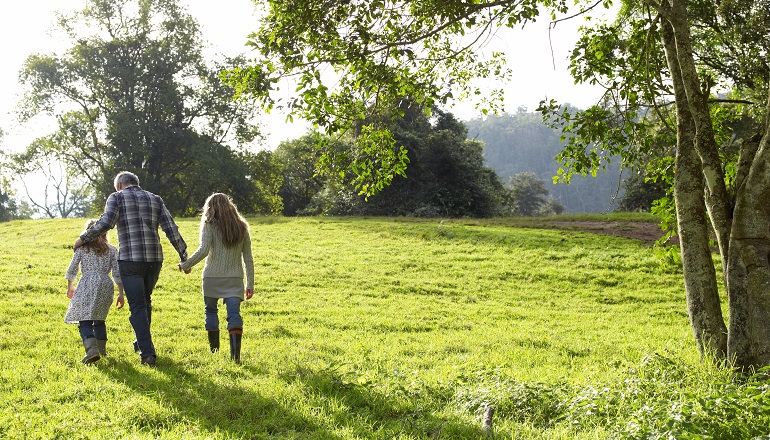Not long after we adopted our first child, my husband and I were interviewed by the student newspaper of the university where he teaches. Thrilled to be parents after a decade of traumatic effort, we managed to describe an overwhelmingly emotional process in clear, politically correct language. When the reporter made the inevitable comments about our kind-heartedness, I offered the approved response. “Oh, no, we were selfish,” I said. “We wanted a child, and we found her.”
Three years and another adoption later, I look back on that interview and cringe. Like most adoptive parents, I’ve had to counter frequent assertions that our kids are lucky to be in our family. I’ve bent over backward to protest, truthfully, that we are lucky to have Alice and Meg. But the “we were selfish” phrase now pops out less glibly, if at all.
Horror stories from adult adoptees have led today’s social workers to caution parents that they must never equate adoption with rescue. Any adoptee who is made to feel like a helpless victim, snatched from disaster by saintly parents, is ripe for psychological trauma. The “rescue” concept entails a host of problems, not the least of which is that it ignores the adoptee’s very real ongoing losses.
Parents are thus sometimes counseled to tell children that their adoptions were wholly motivated by selfish longing. In this supposedly honest confession, the children’s needs are minimized; the parents’ desire is maximized. The subculture of adoption apparently views selfishness as more acceptable than compassion. Real life, however, is rarely so simple.
Our adoption of Alice was prompted by something very near desperation. The gaping, child-shaped hole in our hearts couldn’t be healed any other way. Helping a child find a family seemed laudable, but humanitarian ideals weren’t driving us.
Meg’s adoption was more complex. Our hunger for another child was intense, but we were no longer a couple with little to lose. We spent considerable time weighing the emotional and financial risks of a second adoption—risks involving the two of us and our recently adopted toddler. Our fledgling happiness was on the line. Mightn’t it be better to leave well enough alone?
But waiting somewhere was a child who needed love and financial security: gifts we knew we were equipped to give. Meg’s voice was calling us gently, persistently. This time, our child’s needs were better balanced with our own.
Adoption is usually inspired by a bewildering mix of emotions. Philanthropy alone is a poor foundation, but human kindness is real, and it plays an undeniable role in many adoptions. In particular, I know parents who have pursued special needs adoptions in which they have willingly shouldered a burden of pain, expense, and inconvenience, all outweighed by love. “We rescued you” is never an appropriate thing to say, but neither is “we adopted you merely to gratify our selfish desires.”
So today, when people tell me how lucky my children are, I offer a reply that upholds the girls’ dignity while acknowledging the complicated truth. “No,” I say, “we are all blessed to have found each other.”
With its overtones of delight, protection, and grace, “blessed” feels like the right word for the job. To be blessed is to be made sacred—and even nonreligious adoptive families tend to admit that there is something transcendent about the ties that bind them. When I say we “found each other,” I’m also affirming that, in some profound sense, we were lost before we came together.
“We were all blessed to have found each other” is a far different concept from “you were lucky that we saved you.” Adoption has allowed our family to find happiness in the face of sorrow. I don’t know if we’re lucky, but I do know that we have been blessed in our mutual need—and our mutual joy.



